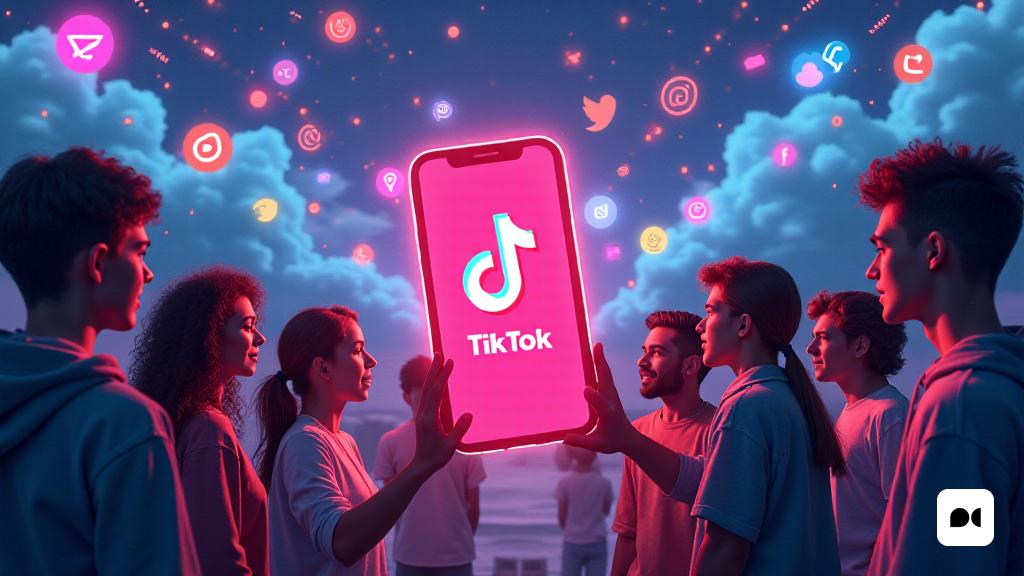A revolution in information consumption
The digital transformation we are currently experiencing, with young people at the helm, redefines the rules of communication. Since the emergence of mass printing, we have witnessed a constant technological change that has shaped what we know as an information society. This concept not only involves the right to information, but also its democratization, allowing each citizen to have access to it.
Internet and social networks: a new horizon
With the promotion of the Internet and the popularization of social networks, information consumption patterns have evolved, always maintaining a common goal: to facilitate access to information for all. This has meant a fight against the exclusivity of the elites to make information a common good. However, we are now in a critical moment that could radically alter this paradigm.
Tiktok’s impact on information perception
The appearance of Tiktok has marked a new border in the way people are informed. Unlike other platforms such as Facebook or Twitter, Tiktok has created a new ecosystem where the content is valued in a completely different way. Users who are reported through Tiktok tend to consume information more dispersed and ephemeral, affecting their understanding and interpretation of the facts.
A generation influenced by new formats
Younger generations, who have grown up with this platform, have a style of information that is distinguished to be immediate and visual. This new way of accessing information can influence their political perceptions and values, creating references that may not coincide with traditional models.
The risks of misinformation
The problem is not only in the novelty of the format, but in the potential for misinformation. Tiktok, with his algorithm, can facilitate the spread of false news, which has led some governments to consider the platform’s ban. This reaction indicates an increasing concern about the long -term effects it may have on society.
Reflections on the future of information
As society progresses to this new age, it is crucial that consumers are aware of the changes in the media landscape. Responsibility lies in both content creators and users to ensure that the information is maintained as an accessible and reliable good for all. The key is to find a balance between innovation and veracity.

